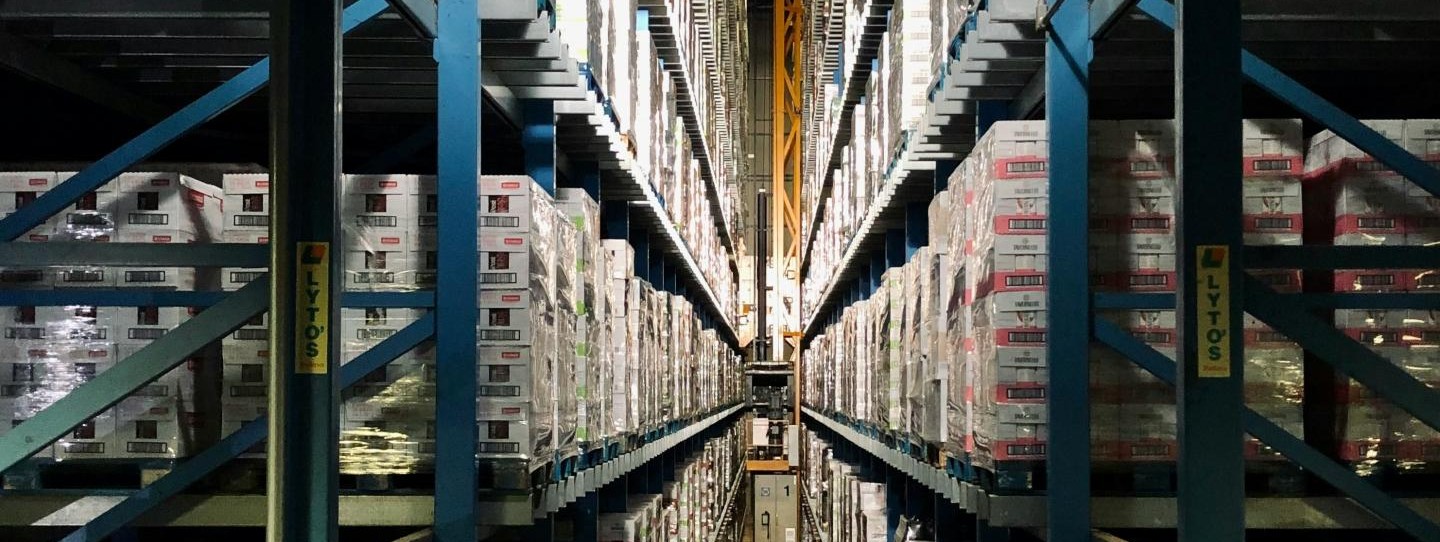Could significant reduction of the financial and reputational costs of supply chain disruptions be possible? In the intricate world of business, attaining operational efficiency and constructing resilient supply chains are crucial factors for success.
The Price of Supply Chain Disruptions
All companies can encounter the hurdles of supply chain disruptions. In fact, they can lead to substantial financial costs, averaging 6-10% of annual revenues. Such a substantial financial impact can hinder growth, limit innovation, and even put a company's survival at risk.
But it's not solely about financial losses. Companies also face the risk of reputational damage. When businesses fail to deliver products or services on time due to supply chain issues, their reputation can suffer a significant blow. This damage to reputation can lead to the loss of business opportunities, decreased customer loyalty, and a negative impact on stock prices.
The consequences of supply chain disruptions extend beyond financial and reputational costs. The most prevalent outcome is an increased cost of working, standing at 84.6%. This implies that companies have to invest more resources and time to manage and mitigate disruptions.
How Interim Managers Can Boost Operational Efficiency
In the face of these hurdles, interim managers can play a critical role. They bring their expertise to streamline processes and reduce costs, thereby increasing operational efficiency.
- They examine the existing operations, identify bottlenecks, and implement solutions to optimize production processes.
- Interim managers can introduce agile management practices that allow businesses to respond quickly and effectively to the changing market conditions.
- Another key area that interim managers focus on is transformation strategy. They can guide a company through major transitions, such as digital transformations or corporate restructurings, ensuring minimal disruption to operations.
Interim managers are often seasoned industry professionals who have dealt with complex operational issues and disruptions. They know how to navigate the hurdles and implement strategies that work.
Constructing Resilient Supply Chains
Building supply chain resilience is another area where interim managers can make a significant difference. In the face of disruptions like raw material shortages or global logistics challenges, it's crucial for businesses to have resilient supply chains.
- Interim managers can develop strategies to diversify supply sources, reducing the risk of disruptions.
- They can also implement advanced technologies like Artificial Intelligence and Machine Learning to predict potential disruptions and devise contingency plans.
- By fostering stronger relationships with suppliers and improving communication, interim managers can ensure that businesses are better prepared to manage disruptions when they occur.
In essence, interim managers help businesses turn supply chain challenges into opportunities for growth and improvement.
As we navigate through a fast-paced, globalized, and technology-driven world, the role of interim managers in enhancing operational efficiency and building supply chain resilience becomes even more essential. They offer a strategic, agile, and results-oriented approach that can help businesses thrive in the face of challenges.
Interim Managers: Catalysts for Business Growth
Interim managers offer more than just solutions to problems; they also play a significant role in driving business growth. Their strategic insights combined with a practical approach can identify new opportunities for growth and guide businesses towards them. This includes helping businesses scale up, breaking into new markets, or launching new products, all while ensuring operational efficiency.
Interim managers also assist businesses in optimizing their resources for growth. They can pinpoint areas of waste and implement cost-saving measures, freeing up resources that can be used for growth initiatives. Their focus on process improvement can lead to increased productivity and profitability, creating a strong foundation for growth.
Interim managers assist businesses in navigating the complexities of growth. They guide the company through periods of rapid expansion, ensuring that the business structure, processes, and systems are effectively scaled up. They also bring fresh perspectives that can challenge the status quo and drive innovation, which are crucial for sustained growth.
Building Resilience in a Disrupted World
Building supply chain resilience is a strategic necessity in a world where disruptions are common. Interim managers can play a significant role in this process.
Supply chain disruptions can take many forms, from shortages of raw materials to global logistics challenges. Interim managers, with their extensive experience and strategic acumen, can assist businesses in anticipating these disruptions and developing robust contingency plans.
Interim managers can also assist businesses in building resilience by diversifying their supply chains, reducing dependence on single sources of supply. This strategy not only mitigates risk but also creates opportunities for businesses to tap into new suppliers and markets.
Beyond these tactical measures, interim managers can help businesses foster a culture of resilience. They can train teams to embrace change, adapt quickly to new situations, and continuously learn and improve. This kind of resilience culture can help businesses not only survive disruptions but also thrive in the face of them.
Conclusion
Operational efficiency and supply chain resilience are crucial for business success in our fast-paced and globalized world. Interim managers, with their strategic insights and practical expertise, can help businesses achieve these goals. They can optimize processes, reduce costs, and build resilient supply chains, all while driving business growth.
In an ever-changing and disrupted world, the ability to adapt and grow is crucial. Interim managers, with their agility and forward-thinking approach, can be invaluable partners in this journey. They bring a unique combination of strategic vision and practical execution that can help businesses thrive in the face of challenges and seize new opportunities. Their role in enhancing operational efficiency and building supply chain resilience isn't just important; it's indispensable.




